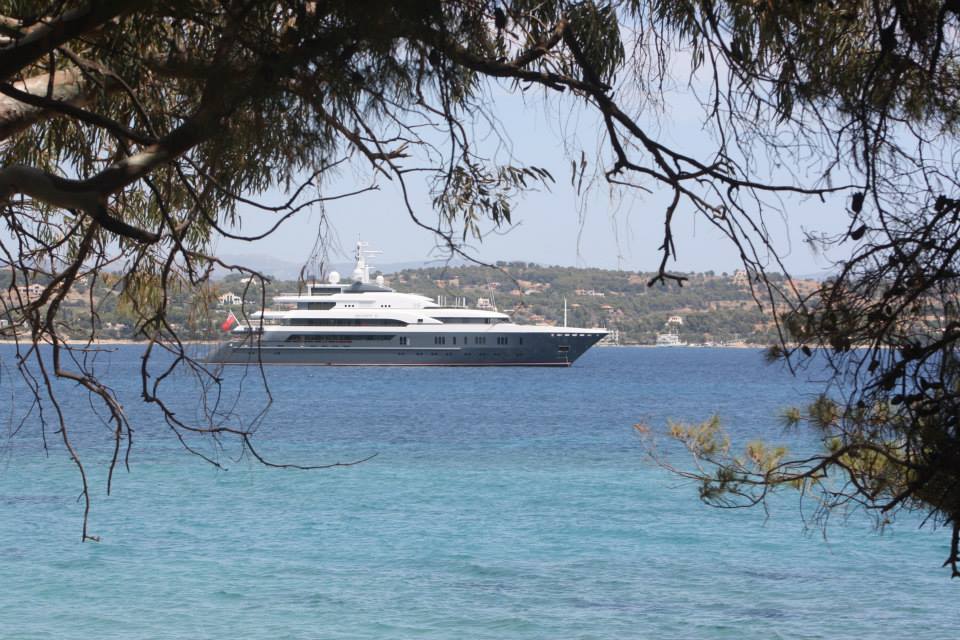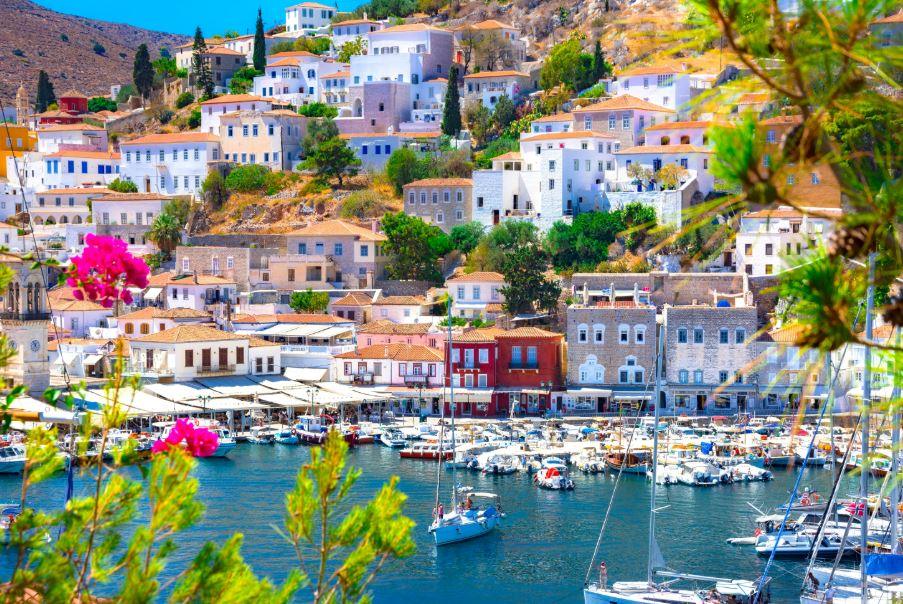The bill for yachting will give the advantage to foreign-flagged boats and will weaken the Greek flag and the Greek professional license with all that entails, says Mr. Michalis Skoulikidis, president of the Greek Yachting Association.
The bill under consultation entitled “Modernization of the institutional framework for the operation of pleasure craft and cruise ships, enhancing the competitiveness of the commercial pleasure craft industry and other provisions” provides, inter alia, for the liberalization of foreign-flagged vessels ( over 35 meters) under conditions and terms at a sensitive time.
In particular, article eight of the draft law states, among other things, that “For the operation, within the Greek territory, of a pleasure boat that does not fall under circumstance of case (a) as professional, in accordance with the law of the flag State flying and having a total length of more than thirty-five (35) meters and if it is made, for the most part, of steel or plastic, a recognized under the law of another country “(” Specified Period Charter Permission “).
In another paragraph he adds that “the maximum duration of the leave is set at twenty one (21) days per calendar year. The period of the first subparagraph may correspond to one or more total charter contracts, as long as the sum of the days does not exceed the maximum allowed period of time.”
According to Mr. Skoulikidis, this article, despite the limitation of 21 days, undermines the Greek flag, as he pointed out to ot.gr “if it is allowed to vessels with a foreign flag (and therefore much more favorable conditions for supervision, staffing and operation in foreign countries) to enjoy the same status as Greek-flagged vessels (which are subject to a much stricter framework of supervision, manning and operation), many of them will be forced to change their flag in order to remain competitive “.
One of the legislator’s arguments for the changes is that the registered boats over 35 meters are few, but in the field of professional yachting the number of boats does not matter – the number of fares matters, he adds. He also adds that “the new law will directly threaten the jobs of seafarers who work and are taxed in Greece, while weakening the sailor’s fund NAT. “If the market is open to all vessels, long-term crews from countries with lower wages will benefit.”
Then the president of the Hellenic Maritime Tourism Association, adds that “the existing legislation provides for the establishment of a branch in Greece of all flags to obtain a Greek professional license. This has worked very well in recent years, many foreign-flagged vessels have been licensed and there has been full control over the tax obligations and the actual ownership of the vessels. Otherwise, many problems and questions will arise. How should they pay the full VAT on the fare? Which mechanism will control the charter prices? How will the VAT deduction be made? What responsibilities will the tax representative have and how will the state be secured for the debts of a passing boat? In many cases, it could be hundreds of thousands of euros. ”
In addition, Mr. Skoulikidis asks for the amount of the Professional Pleasure Boat Fee according to the Law of another country should be about 15% in the value of the charter, as already discussed with the Ministry of Shipping and Island Policy, and the method of figuring this out is clear.
A new legal framework for yachting is necessary, but we must be careful to correct any mistakes of the past, not to leave gray areas and to have equal treatment, controls and obligations on all boats.
We are in favor of the free market. We are not in favor of protectionism, but we are clearly in favor of healthy and not unfair competition, Mr. Skoulikidis underlines.



![Beta Securities: Σε φάση επέκτασης οι ελληνικές τράπεζες – Τι σηματοδοτεί το 2026 [Πίνακες]](https://www.ot.gr/wp-content/uploads/2026/01/ot_banks_2025-1024x600-1-1-1-1.jpg)
![e-ΕΦΚΑ: Πώς θα παραμείνουν ασφαλιστικά «καλυμμένοι» οι αγρότες [πίνακας]](https://www.ot.gr/wp-content/uploads/2024/12/ot_agrotis_sitari.png)



































